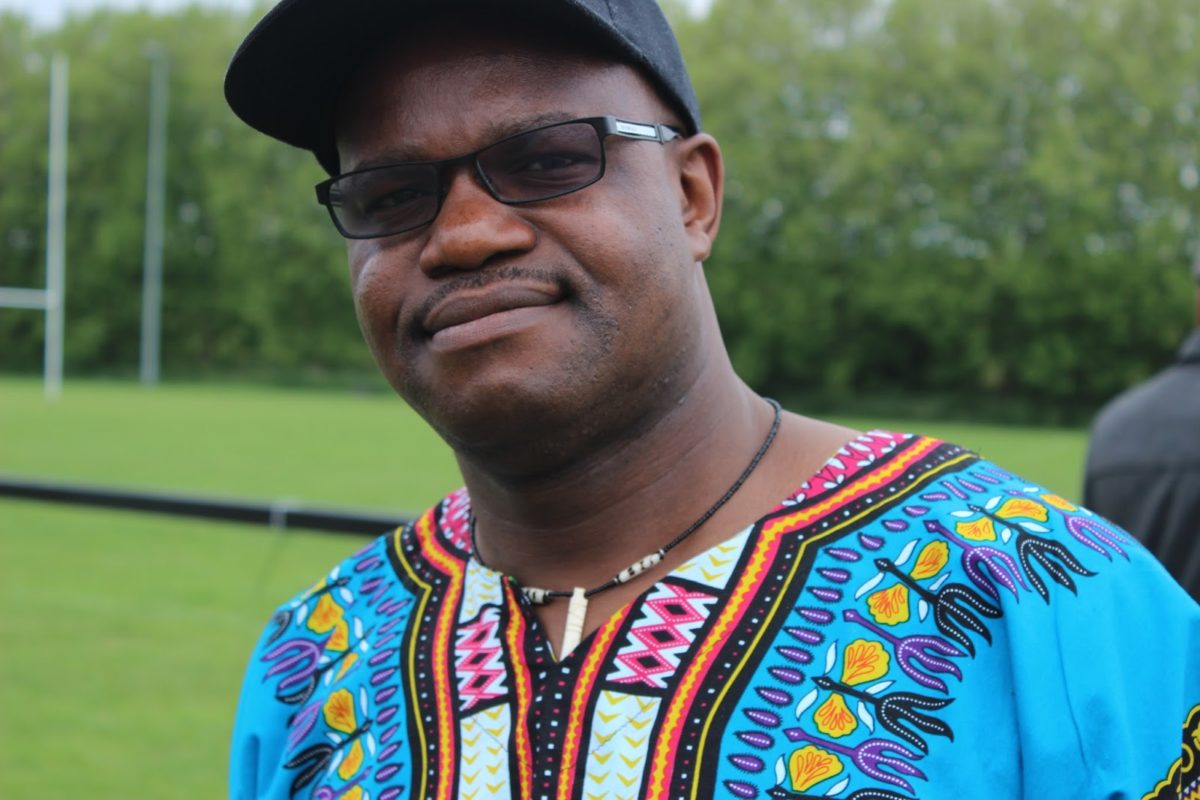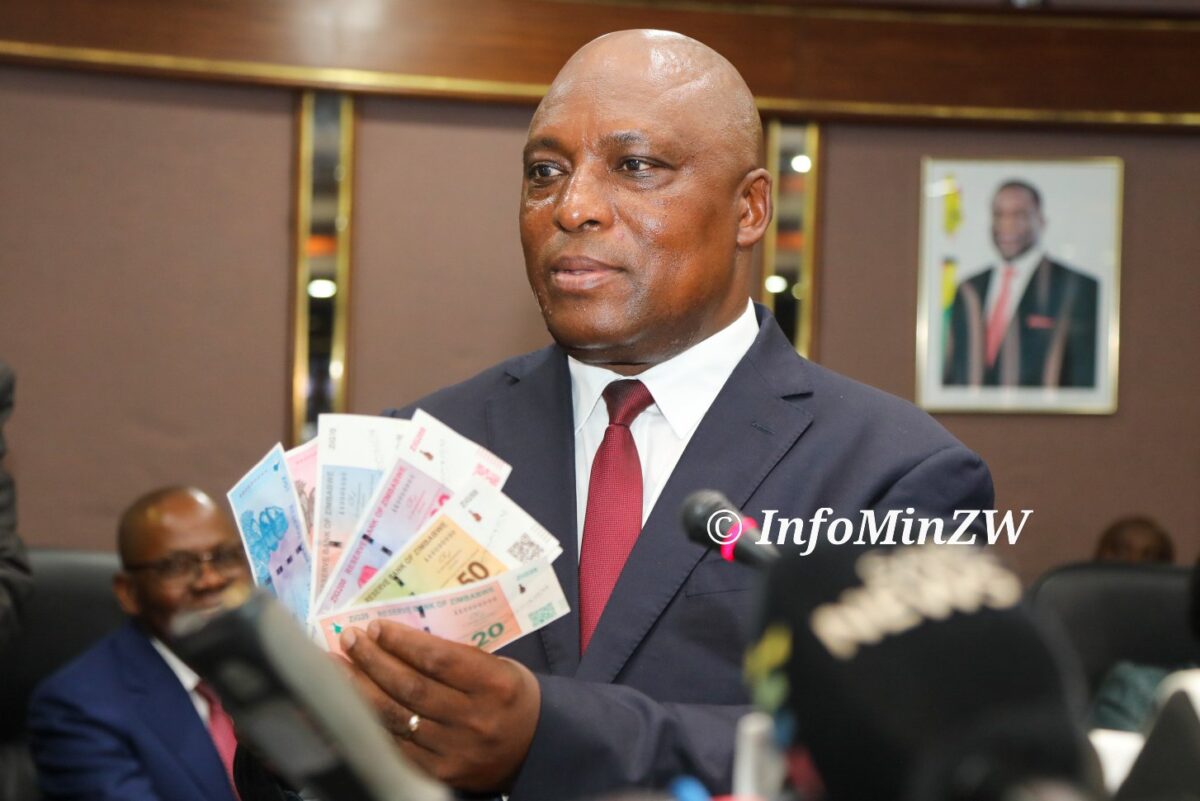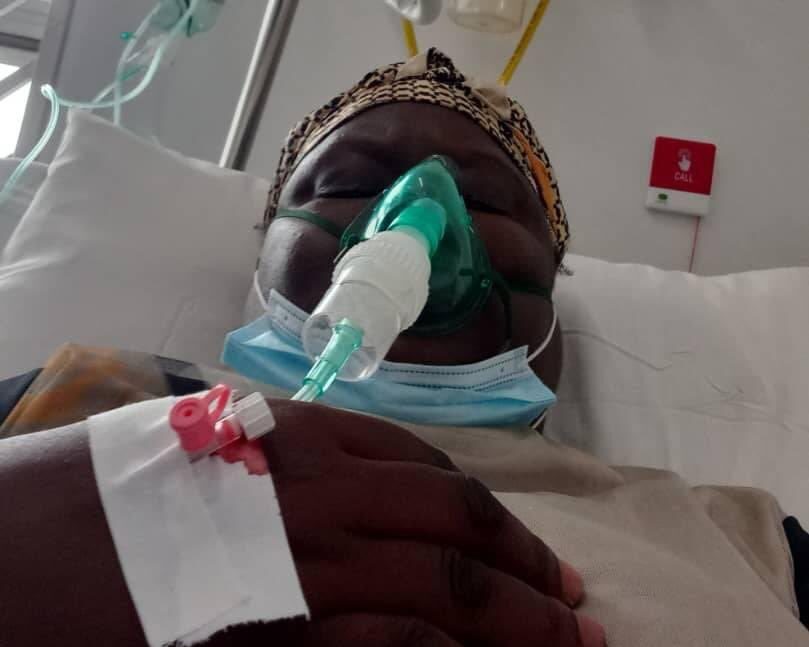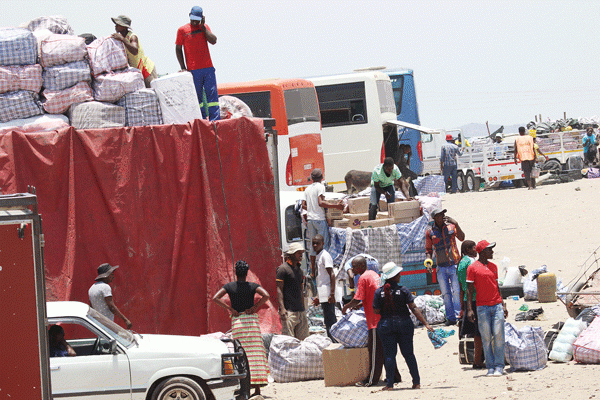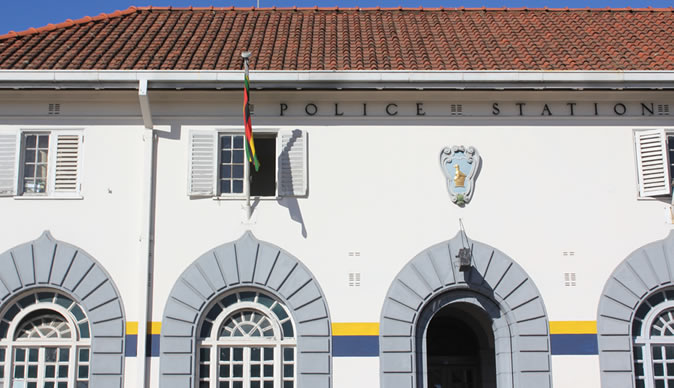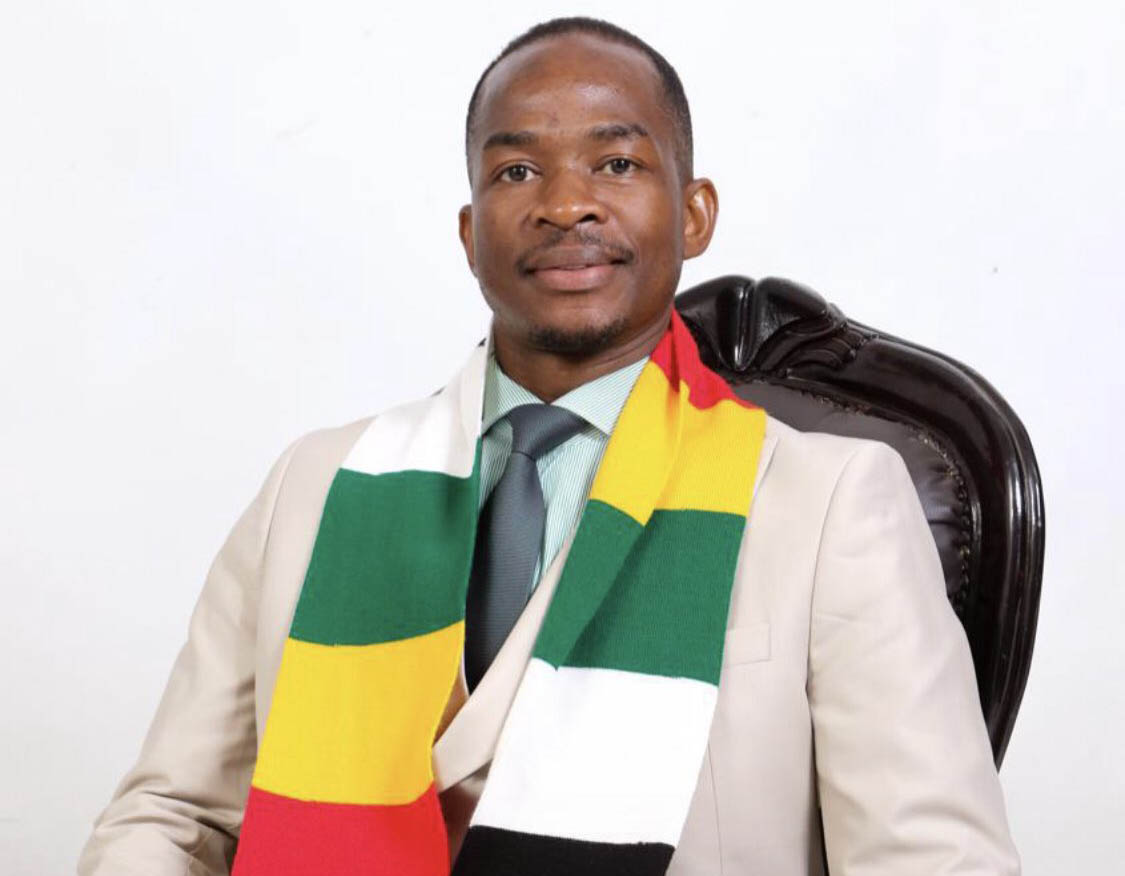HARARE – The Zimbabwe government issued a statement accusing Western diplomats of fomenting “anarchy” in Zimbabwe – and then recalled the statement before issuing another in which that passage was removed.
Hours after Western diplomats issued a statement criticising the Zimbabwe government’s banning of opposition protests and the kidnapping and torture of rights activists on Tuesday, the first response signed by government spokesman Ndavaningi Mangwana appeared on the Ministry of Information’s Twitter feed.
Mangwana accused the western diplomats of showing a “contemptuous attitude towards our institutions including the judiciary” which rubber-stamped police bans on protests called by the Movement for Democratic Change (MDC). The MDC maintains that the police prohibition notices so far used to block demonstrations in Harare, Bulawayo, Gweru and Masvingo are unconstitutional.
“To advocate for the disregard of court decisions and security assessments of the police is to undermine the civilian authorities as well as to promote anarchy in the country,” Mangwana railed.
The tweet carrying a copy of the signed statement was taken down moments later and a new statement was put up, without the above passage.
Mangwana maintained that police were within their rights to issue prohibition notices “in the face of a politically violent and destabilising demonstrations.”
The head of missions from the United States, Australia, Canada and the European Union, in a joint statement, called on the Zimbabwe government to stop “intimidation, harassment and physical attacks on human rights defenders.”
They also called on the authorities to “respect the constitutional rights to freedom of assembly, association and expression as well as to peaceful protest.”
“The security forces must adhere to their constitutional mandate and exercise restraint and proportionality while maintaining public order. Only by addressing concretely and rapidly these human rights violations will the government of Zimbabwe give credibility to its commitments to address longstanding governance challenges,” the diplomats said while urging President Emmerson Mnangagwa to “implement the government’s political and economic reform agenda, underpinned by inclusive national dialogue and increased efforts to address the severe social situation.”
Below is the original GVT statement..
Both statements are not just shameful, but a huge blow to the re-engagement efforts.
It is so shameful that you have unwittingly exposed your lies & your unrepentant traits are written all over the two statements for all to see.#GodSpeed pic.twitter.com/jgJww7zFUk
— TeamPachedu (@PacheduZW) August 20, 2019
The MDC called a series of nationwide demonstrations to press Mnangagwa to accede to its demands for a negotiated “national transitional authority”. The MDC accuses Mnangagwa of rigging his way to power and has refused to acknowledge him as president.
Mnangagwa, who came to power following a military coup in November 2017, first sold himself as a reformer, but after he twice unleashed soldiers to quell protests following the disputed vote in July last year, he has increasingly been isolated on the international scene with investors and donors shunning his broke government.

